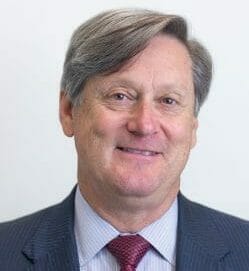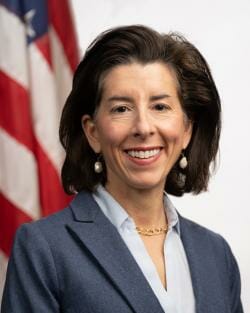
As home care helps to drive home the need for Congress to increase Medicaid funding, providers on Thursday made two key Medicare-related requests. They asked Senate leaders to oppose an extension of mandatory Medicare sequestration as a pay-for in any infrastructure package and to block the use of Medicare funds to pay for non healthcare programs.

“The originally planned Medicare sequestration has gone on long past its original design,” National Association for Home Care & Hospice President William A. Dombi said in a statement. “Medicare providers should not be considered the ‘go to’ source of funding for congressional actions. In this action, the whole healthcare community has come together and definitively stated that sequestration should end.”
Meanwhile, providers joined members of the Biden administration and Democratic lawmakers in a virtual event Thursday to talk about including Medicaid home care provisions in the $3.5 trillion budget reconciliation package. Lucha Silva, co-founder of NM-based eQuality HomeCare, said higher state Medicaid reimbursement rates must be part of the plan. She said low rates result in low wages for workers, making it tough to recruit and retain them.
“Higher pay really does result in less turnover, as do investments in training and stronger benefits,” Silva said.
Shaista Kazmi, who owns Bloomfield, MI-based Apna Ghar Home Care, said the low reimbursement rate in her state cuts into profit margins and makes it difficult to provide quality care to her clients in southeast Michigan.
“You can’t charge clients $25 to $30 an hour and pay caregivers $12 an hour,” Kazmi said.
A big deal
Earlier this week, Senate Democrats unveiled the $3.5 trillion reconciliation package, which would restore funding for the care economy cut from an infrastructure deal the White House negotiated last month with a bipartisan group of senators.
Commerce Secretary Gina Raimondo said Thursday that the care economy plays a crucial role in the nation’s economic security.

“Most, if not all, developed economies around the world have a much better care infrastructure, which is a competitive advantage to their economies. We need to catch up and we need to catch up now,” Raimondo said.
Caregiving bills
Over the past month, congressional Democrats have been busy crafting other bills to help fund the caregiving industry, which was included in President Biden’s American Jobs Plan.
On Wednesday, Sen. Tim Kaine (D-VA) introduced the Supporting Our Direct Care Workforce and Family Caregivers Act. The legislation calls for $1 billion to support the direct care workforce and family caregivers through grants that would provide training and educational support for paid and unpaid caregivers. The funding would also help develop a center that would offer technical assistance to states and other government agencies offering support to the care economy.
“I think we have a real opportunity to do good in the next few months,” Kaine said Thursday.
In late June, congressional Democrats also introduced the Better Care Better Jobs Act, which would restore $400 billion for home-and-community-based services and a proposed 10% permanent increase in the Federal Medical Assistance Percentages (FMAP).




